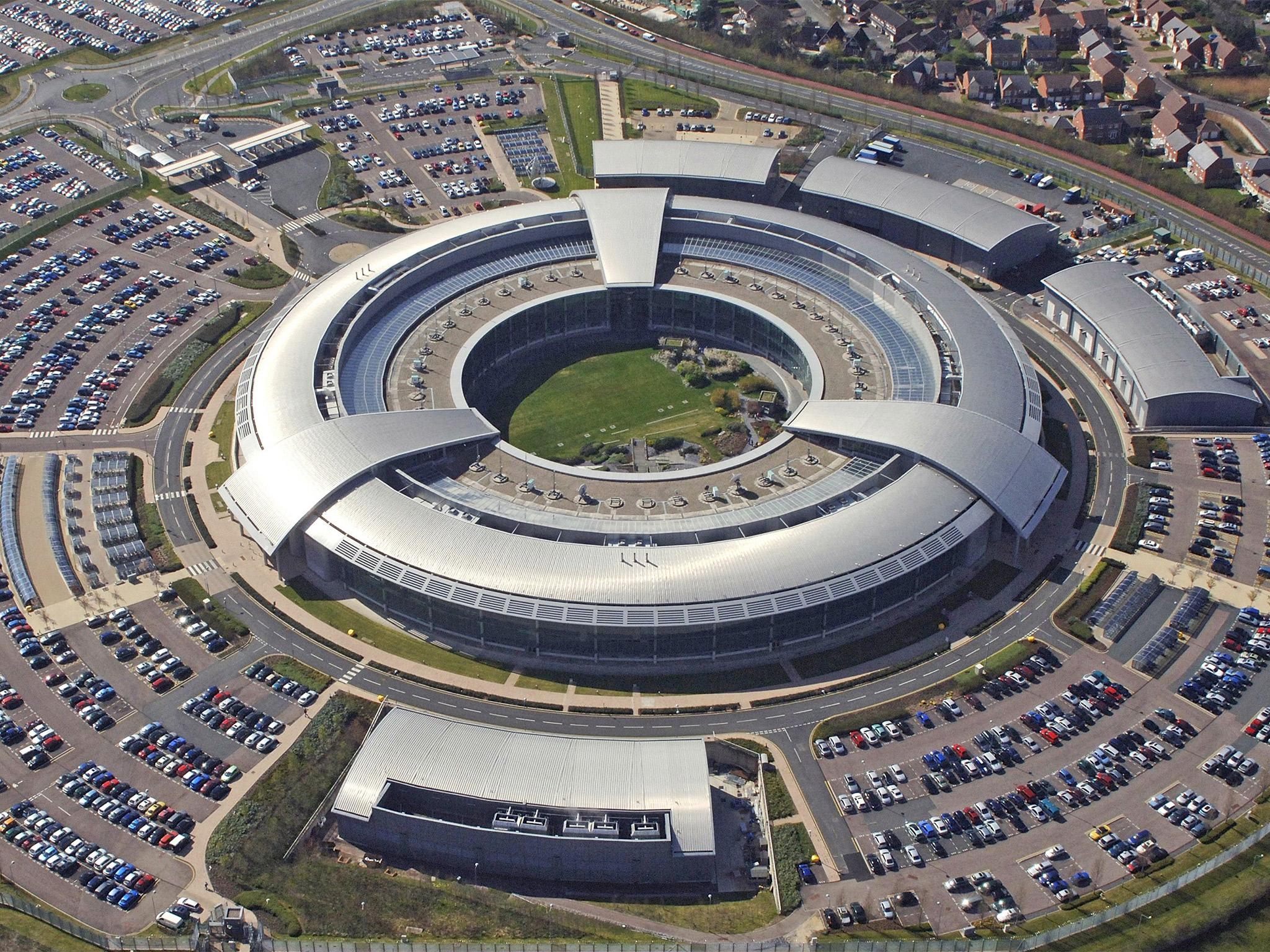Terror attack on Britain foiled 'in its final hours'
GCHQ worked through 1,600 telephone numbers, email addresses and other leads in the days after the Paris attacks, report says

Your support helps us to tell the story
From reproductive rights to climate change to Big Tech, The Independent is on the ground when the story is developing. Whether it's investigating the financials of Elon Musk's pro-Trump PAC or producing our latest documentary, 'The A Word', which shines a light on the American women fighting for reproductive rights, we know how important it is to parse out the facts from the messaging.
At such a critical moment in US history, we need reporters on the ground. Your donation allows us to keep sending journalists to speak to both sides of the story.
The Independent is trusted by Americans across the entire political spectrum. And unlike many other quality news outlets, we choose not to lock Americans out of our reporting and analysis with paywalls. We believe quality journalism should be available to everyone, paid for by those who can afford it.
Your support makes all the difference.An alleged terrorist plot was foiled “in the final hours before the planned attack” on a target in the UK last year, a report has said.
An operation run by GCHQ, the British intelligence and security organisation, used interception warrants to monitor phones owned by individuals linked to the plot, according to the Independent Reviewer of Terrorism Legislation.
Their agents' analyses resulted in the identification of a cell that was close to carrying out their plan, it added.
The report provides several case studies of how anti-terror laws have been used, including how GCHQ "monitor[ed] the activity of a senior al-Qaeda leader and his network in a Middle Eastern country".
GCHQ also provided support to both MI5 and European partners and helped to follow up 1,600 international leads, in the form of telephone numbers, email addresses and other identifiers, in the days following the Paris attacks, according to the report.
Powers enabling the mass interception of communications were also used to help a ground operations in Afghanistan.
“The use of intelligence gained through bulk interception as a basis for urgent action was illustrated starkly in the case of a kidnapping in Afghanistan," the report said.
“Bulk interception of communications data led to hostages being located within 72 hours of their abduction."
The review has been well received by Prime Minister Theresa May.
“Mr Anderson’s report demonstrates how the bulk powers contained in the Investigatory Powers Bill are of crucial importance to our security and intelligence agencies," she told the Daily Mirror.
Join our commenting forum
Join thought-provoking conversations, follow other Independent readers and see their replies
Comments